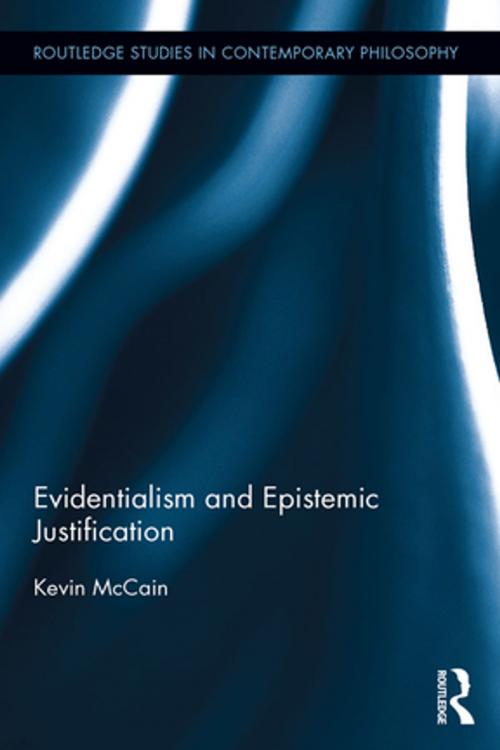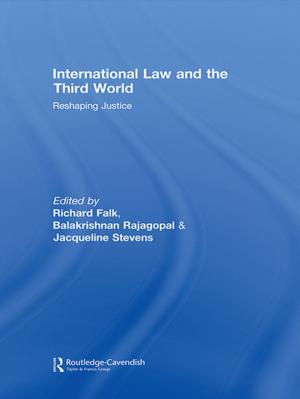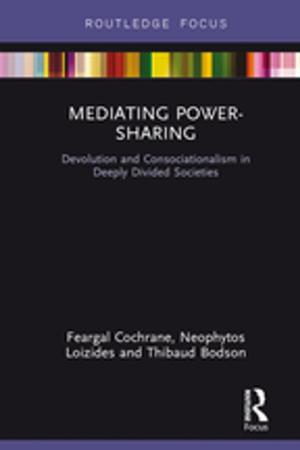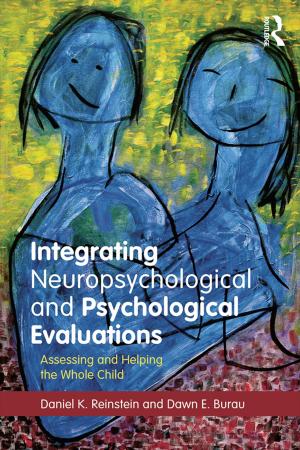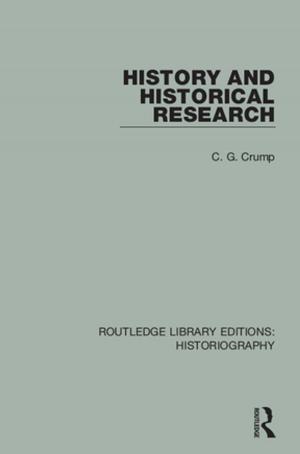Evidentialism and Epistemic Justification
Nonfiction, Religion & Spirituality, Philosophy, Epistemology| Author: | Kevin McCain | ISBN: | 9781134698417 |
| Publisher: | Taylor and Francis | Publication: | May 9, 2014 |
| Imprint: | Routledge | Language: | English |
| Author: | Kevin McCain |
| ISBN: | 9781134698417 |
| Publisher: | Taylor and Francis |
| Publication: | May 9, 2014 |
| Imprint: | Routledge |
| Language: | English |
Evidentialism is a popular theory of epistemic justification, yet, as early proponents of the theory Earl Conee and Richard Feldman admit, there are many elements that must be developed before Evidentialism can provide a full account of epistemic justification, or well-founded belief. It is the aim of this book to provide the details that are lacking; here McCain moves past Evidentialism as a mere schema by putting forward and defending a full-fledged theory of epistemic justification. In this book McCain offers novel approaches to several elements of well-founded belief. Key among these are an original account of what it takes to have information as evidence, an account of epistemic support in terms of explanation, and a causal account of the basing relation (the relation that one's belief must bear to her evidence in order to be justified) that is far superior to previous accounts. The result is a fully developed Evidentialist account of well-founded belief.
Evidentialism is a popular theory of epistemic justification, yet, as early proponents of the theory Earl Conee and Richard Feldman admit, there are many elements that must be developed before Evidentialism can provide a full account of epistemic justification, or well-founded belief. It is the aim of this book to provide the details that are lacking; here McCain moves past Evidentialism as a mere schema by putting forward and defending a full-fledged theory of epistemic justification. In this book McCain offers novel approaches to several elements of well-founded belief. Key among these are an original account of what it takes to have information as evidence, an account of epistemic support in terms of explanation, and a causal account of the basing relation (the relation that one's belief must bear to her evidence in order to be justified) that is far superior to previous accounts. The result is a fully developed Evidentialist account of well-founded belief.
